There are few things I want to do less than give this tribute to my father. The unflinching approach to reality he imparted had left me noticing his aging, and I was preparing to adapt, over time…. But my father never gave someone a challenge he thought them incapable of meeting.
All the wonderful things being shared about my father obviously come as no surprise to me, and I had so hoped to spend the next few years, hearing those things with him, but knowing how uncomfortable it would have made him to hear so much praise, as his own ability to act diminished, I have to appreciate that, as hard as this is on the rest of us, it was an ending with which he would have been satisfied.
I had hoped to spend the next years supporting him, as he always has supported me- my father has been at anything I asked him to be at, and volunteered for things I didn’t intend to subject him to… And The outpouring of remembrances from my friends, has reminded me, of how important it was to him, to know the people important to me. I was touched by the photos my parents saved, not only of me, but of Niki, Jeremy, Erica, Jason, Abe, and so many others. Many of my students and colleagues had stories, as they’ve driven out to Cal Poly Pomona for multiple events, marched with my students for a sustainable future, and for the rights of immigrants, and were happy to attend CPP sponsored Dodger games. Despite his years of public speaking at high-stakes events, family members have reminded me of how the event for which he showed some concern for his performance, was when called upon to officiate my wedding. He saw that a high stakes event. I think Navid would have stayed even with a minor error…. And the depth of his loss, is a testament to my father’s ability to welcome people into his family- completely. When you’re in, you’re in… That’s the for better or worse. And with my father, it was almost all better.
My father didn’t know how to be unproductive, and he will have posthumous work published (not a hint to his co-authors, or a comment on the reviewers- #2 I’m looking at you…), but the idea of slowing down, of doing less, of relaxing, was not at all appealing to him. Nor had it ever been.
Even now as he prepared to “retire” for the fourth time(?), he was finally finding the time to research our family history, finding a master’s thesis on one relative, connecting with ethnomusicologists while researching a family melody… he was organizing photos and records, and of course, gardening.
I’m not sure I ever remember my father reading a novel, though the books he gave me to read, were always meaningful. A Tree Grows in Brooklyn, The Yearling, Black Boy…. Ya know light childhood reading. He never binged anything on Netflix. But he wasn’t quite as out of touch with popular culture as we used to joke. I remember him telling me these films will change how movies are made, when he took me to 2001, and Star Wars.
To vacation with my father was not per se relaxing, but it was always educational. Weren’t there museums to see, history to be learned, culture to be appreciated? I can’t imagine a trip to a beach resort without a sustainability tour. And I have been to an embarrassing number of train museums. From the family albums, apparently my mother married him despite the train museums.
My father had a quintessentially east coast Jewish sense of humor. Political, ironic, dark, but never mean. He had a good chuckle when he learned the Jewish space laser conspiracy centered on high-speed rail, and we certainly have exchanged our share of dark political humor over the years. But he also would go long game on humor, in a way I don’t think most knew…. When my brother was roughly 8- around 1982 (fine I checked the year online), he saw the old chalice comedy skit redone by HBO as a short, and thought it was hysterical, so in typical 8-year-old fashion (and I have an eight-year-old with my brother’s smile), he made a few too many jokes about the chalice, begging my father to re-enact the skit for him. My father, good-naturedly threatened to do that as the toast at my brother’s wedding, if he didn’t stop…. Over the years, once in a while he would bring that up… Fast forward to 2004- Steve and Shirley’s wedding. My father gets up to give a toast, and he opens with the exact same, largely innocuous lines of the skit…. The look on my brother’s face was priceless. Of course, my father proceeded with a lovely toast, And I know only four people there got the joke… but it was epic.
My father did love baseball. Growing up in New York in the 40s and 50s, he and his Uncle Harold’s favorite escape was in the rooting for the underdog Brooklyn Dodgers. And many of you who may have attended games could have mistaken him for teetotal, as he almost never enjoyed a beer at a game. Why? Because once, during a restroom break- he missed a triple play. Fortunately, he stayed in his seat in 1988 for Gibson’s home run, and As a Brooklyn Dodger fan, he saw most of the greats play live, including Jackie Robinson. He also took me to some pretty amazing baseball games, and thanks to his busy travel schedule, I was frequently the lucky recipient of tickets, even when he couldn’t attend. My first Dodger Game went into extra innings, and the Dodgers won on a hit by Steve Garvey. Since we never leave early, we were at the game where the Dodgers hit four home runs in the ninth, though we also suffered through a game where they blew a 13 run lead…. I was at Orel Herscheiser’s first start as a Dodger at Shea with the somewhat traitorous but still beloved Uncle Harold who had defected to Mets fandom…. We’ve seen more than one win by pitchers like Valenzuela, and Kershaw… And I got 18 innings of world series baseball- in one game. No, I did not leave early. And I rode my bike.
Despite his impressive personal achievements, he told me, more than once, that the real influence he had and what he was most proud of, -were the people he had the privilege of working with, educating and developing. He told me, “Not very many people read academic papers, but the influence we have, is in not only the scholars we train, but the many students who don’t become scholars, but go into the world, carrying what we teach them, the messages, values, ideas, and ways of thinking that we impart.” He saw himself fundamentally as an educator, and that approach, allowed him to remain true to himself, his ideals, and his values. Because what he valued most -were people. And being an educator wasn’t a one-way street. He valued what students brought and he integrated it into his thinking and as a result he never stopped growing- challenging his own thinking. That this was the real value of being an educator, the opportunity to expand people’s minds, and in turn, have your own expanded. Recently I had the wonderful privilege of two of my own former students returning to guest lecture for our annual professor for a day campus event. I had them speak about research, about data. And they blew me away. They had this deeply compassionate, humane view of policy, of research, of data. I was shocked at how much of my father’s voice was in their words. When they ended with, and this is what you taught us Dr. Wachs…. It wanted to tell them it wasn’t really me. I was just passing on what I had lived.
One of my friends jokes that when you bring sociology (and my father was undecided between sociology and civil planning) to other disciplines, everyone thinks your brilliant, but one is just asking for people-centered, critically evaluated, long-term planning. And that was effectively the mantra of my life. My father imparted that fundamentally research is about people, and people’s lives. My father lived his life never forgetting that every equation, every budgetary decision, every funding priority, wasn’t a number on the page, it was people’s lives. And those lives were precious, valuable, worthy things. For my father, every person mattered and should be treated with dignity and respect.
And seeing the many wonderful students he taught, and the people they have become, and who my brother is, and who we chose to marry (Shirley and Navid), and who Leia and Ziya are, he will never be gone, and the world is better because he was in it.
I think the many tributes and accolades that continue to pour in would have overwhelmed my father. He was a practical person at his core. But that’s not his legacy. The legacy he leaves is a cadre of people committed to social justice and equity, and human-centered policy. And I am confident that the scholars, practitioners, and activists, he mentored can and will achieve this. And that will be his legacy.
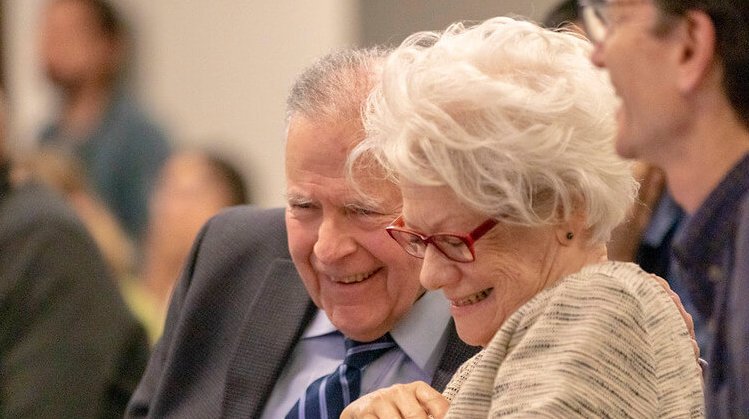
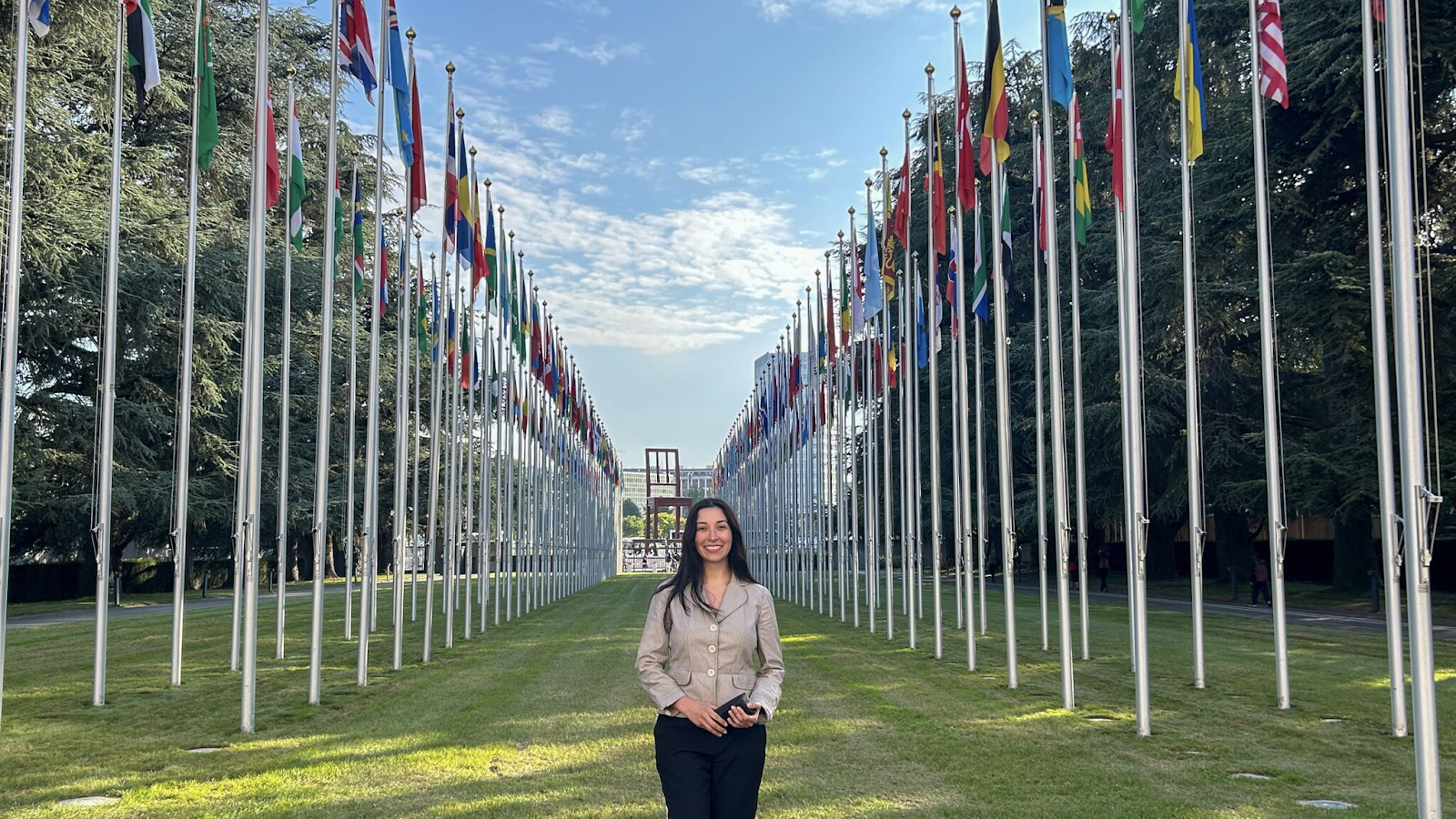
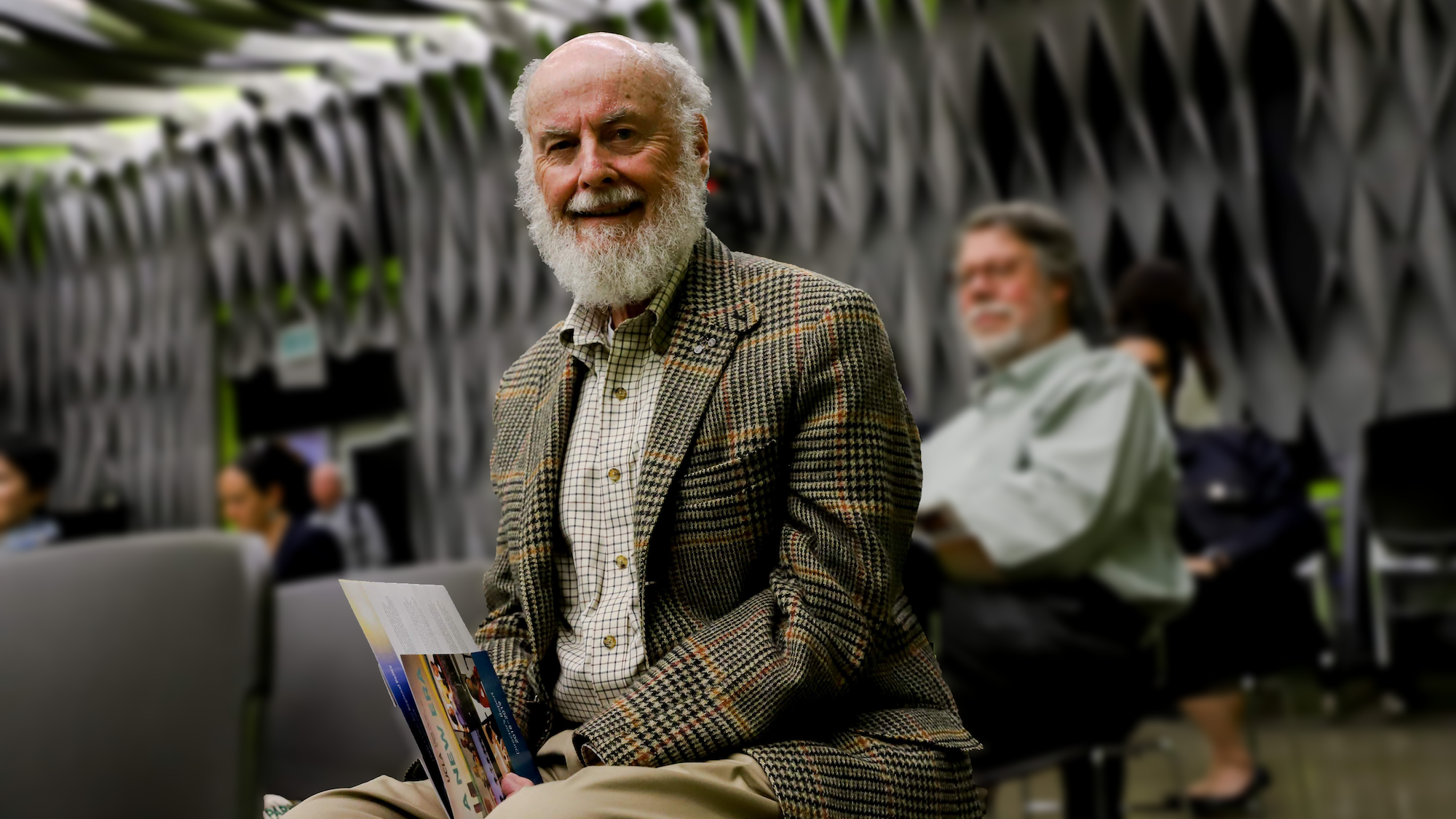



















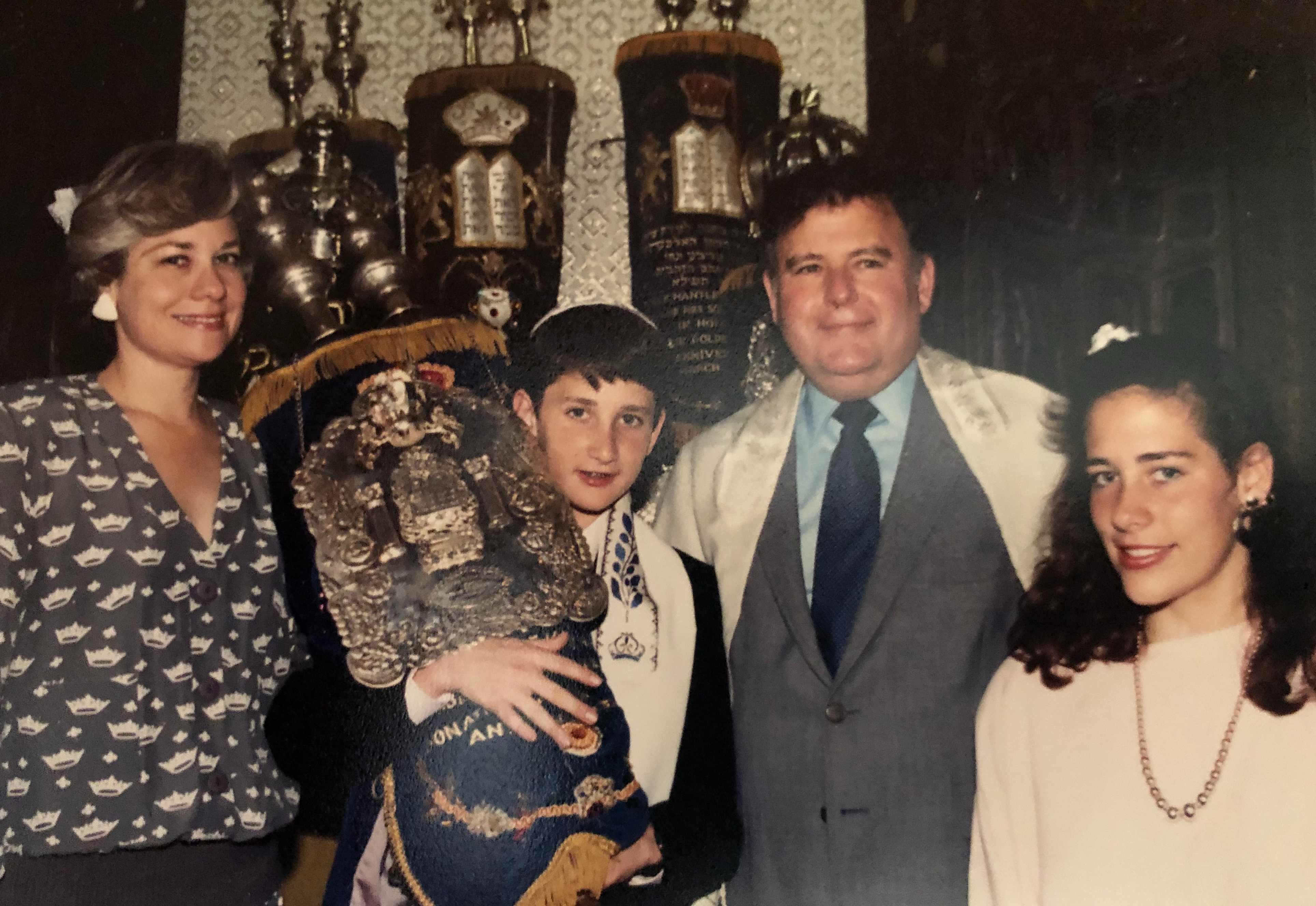





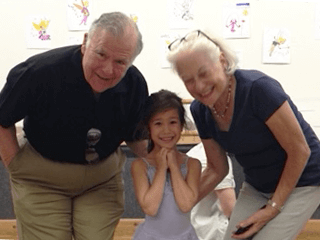
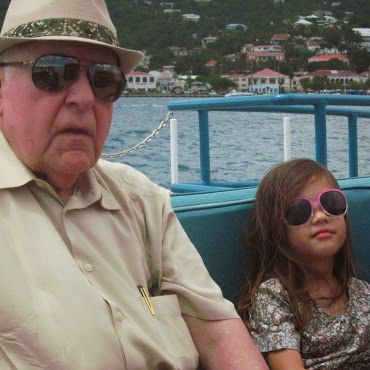
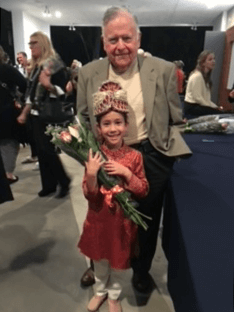
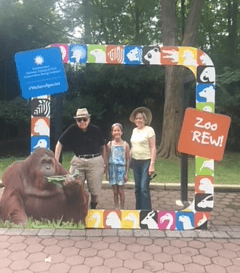

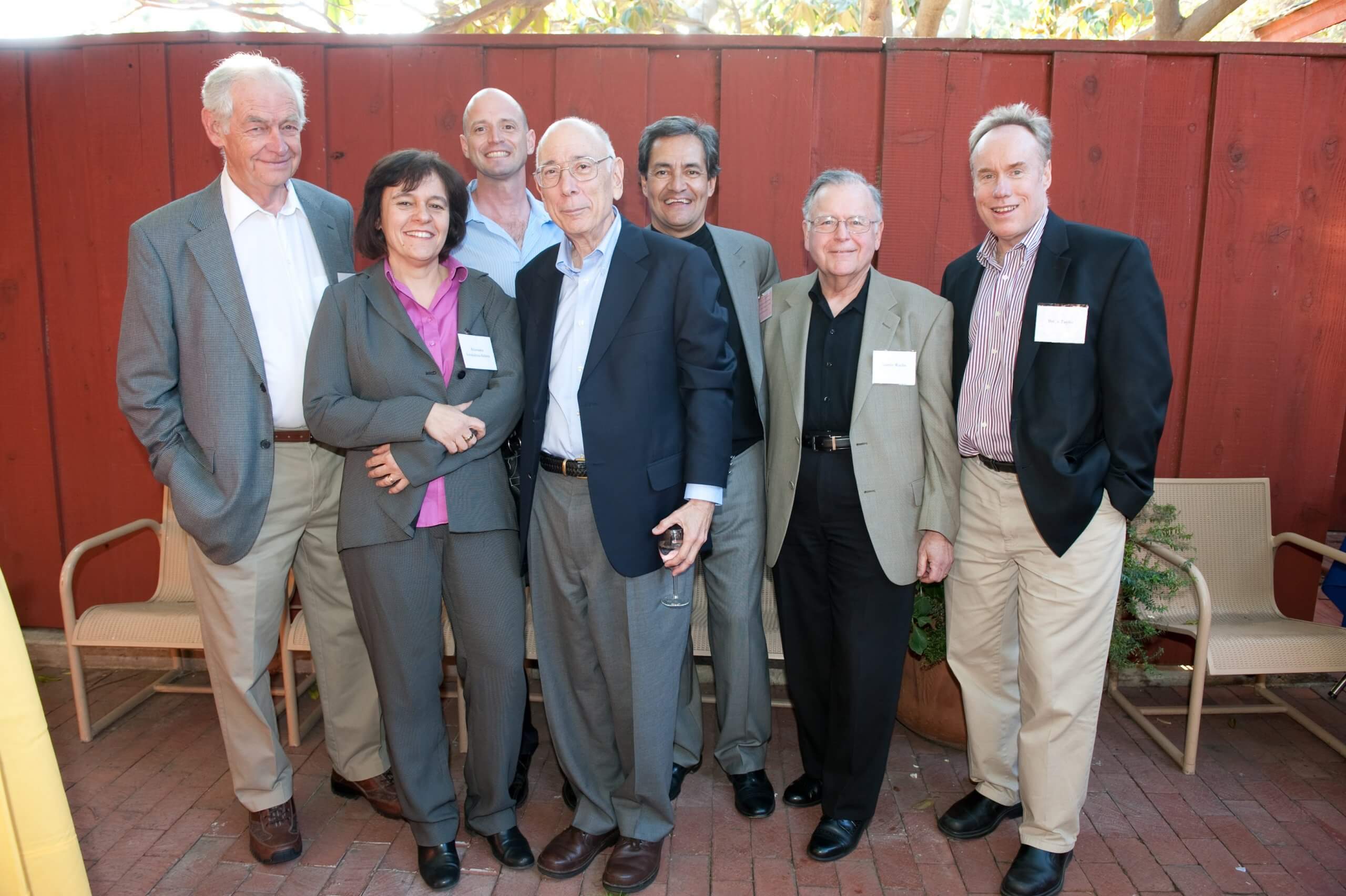
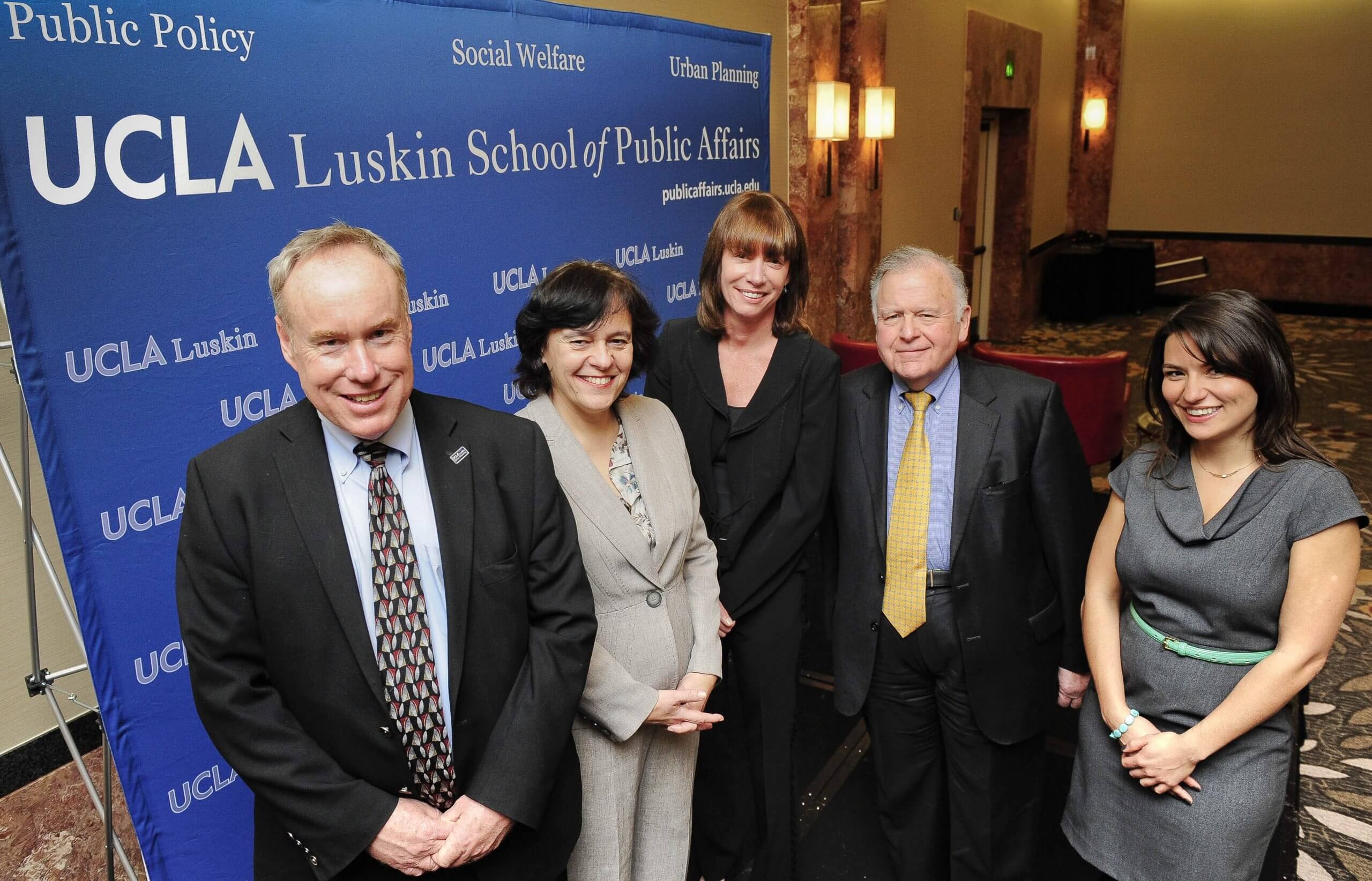

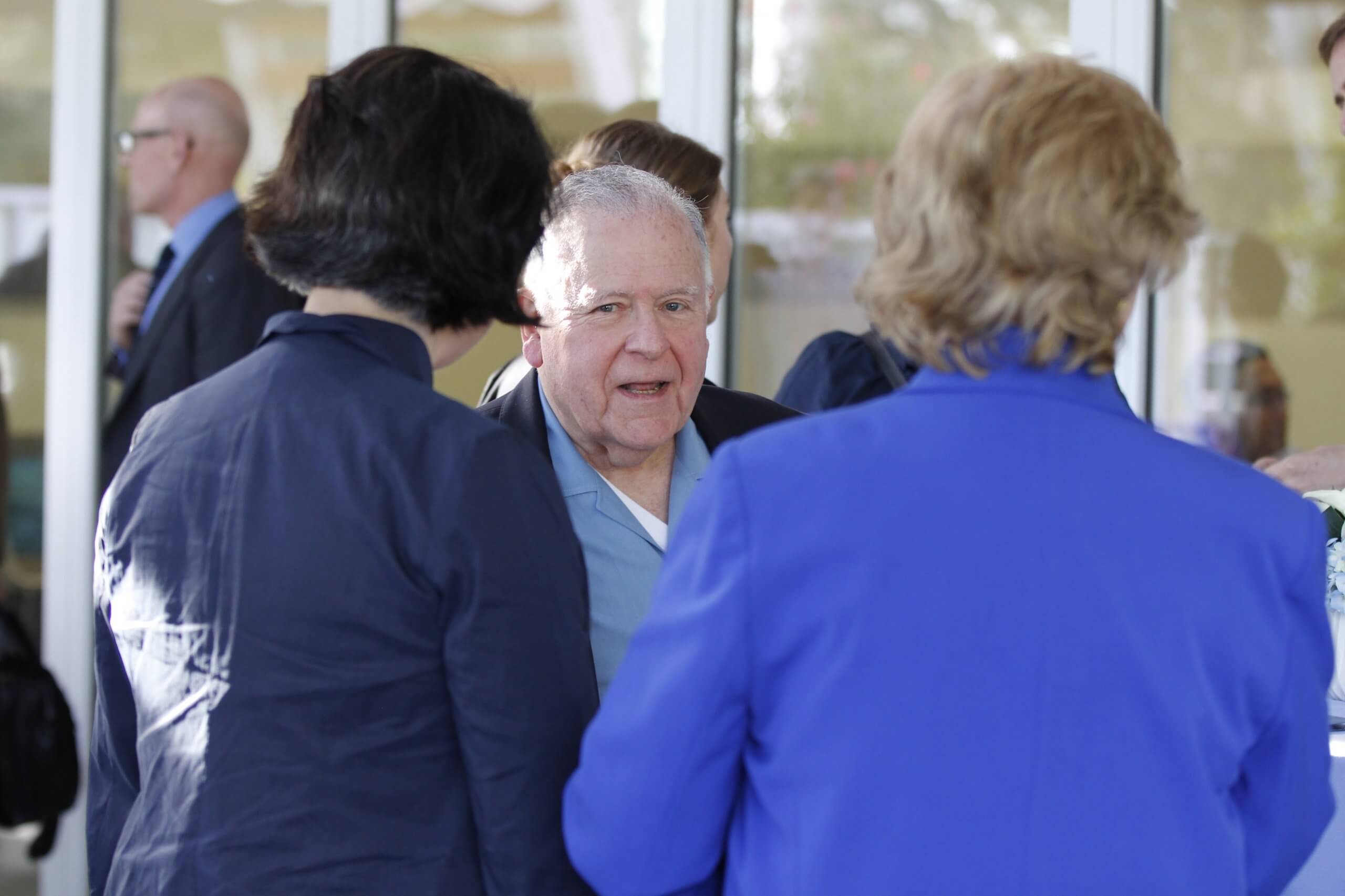
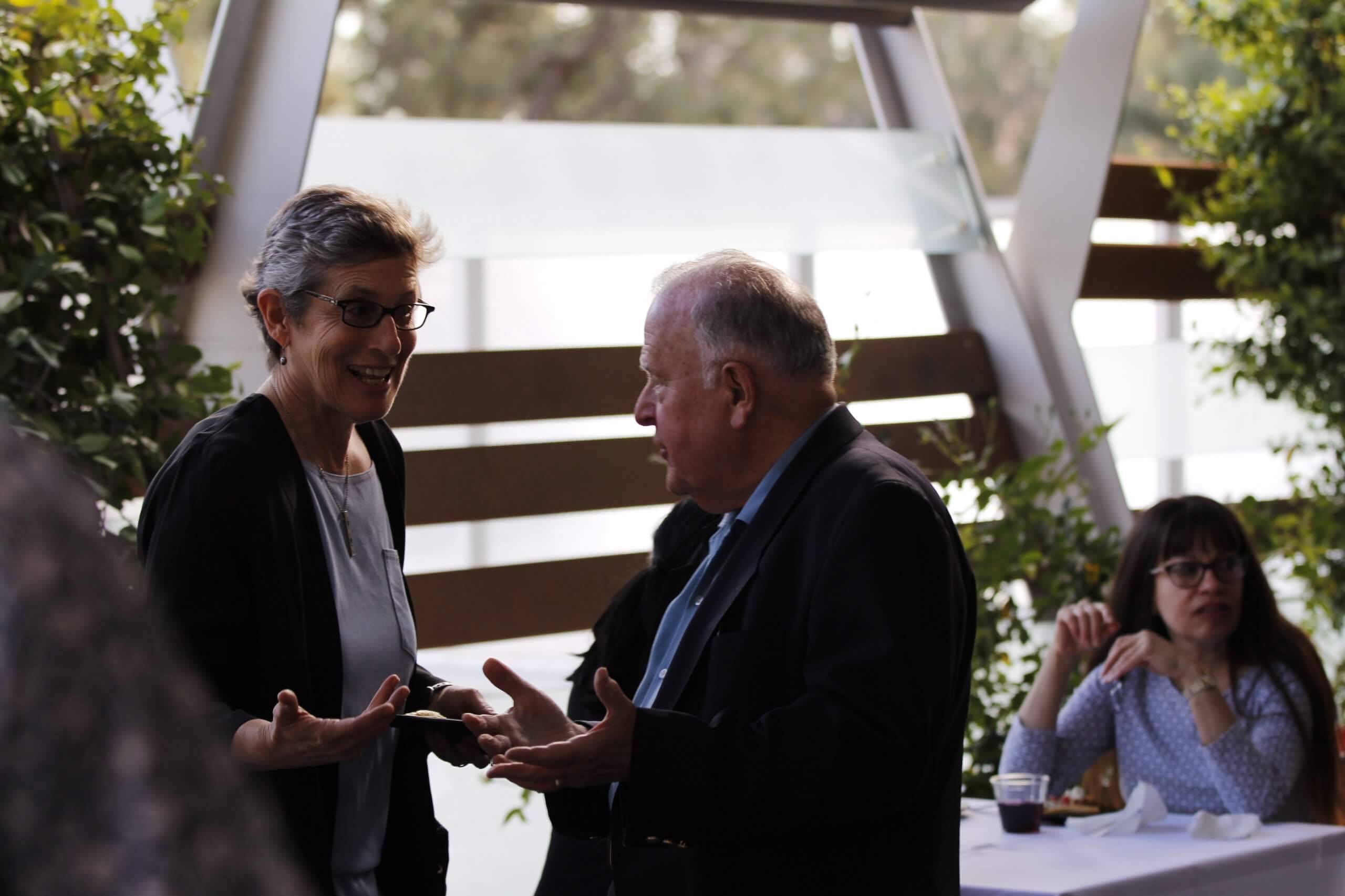
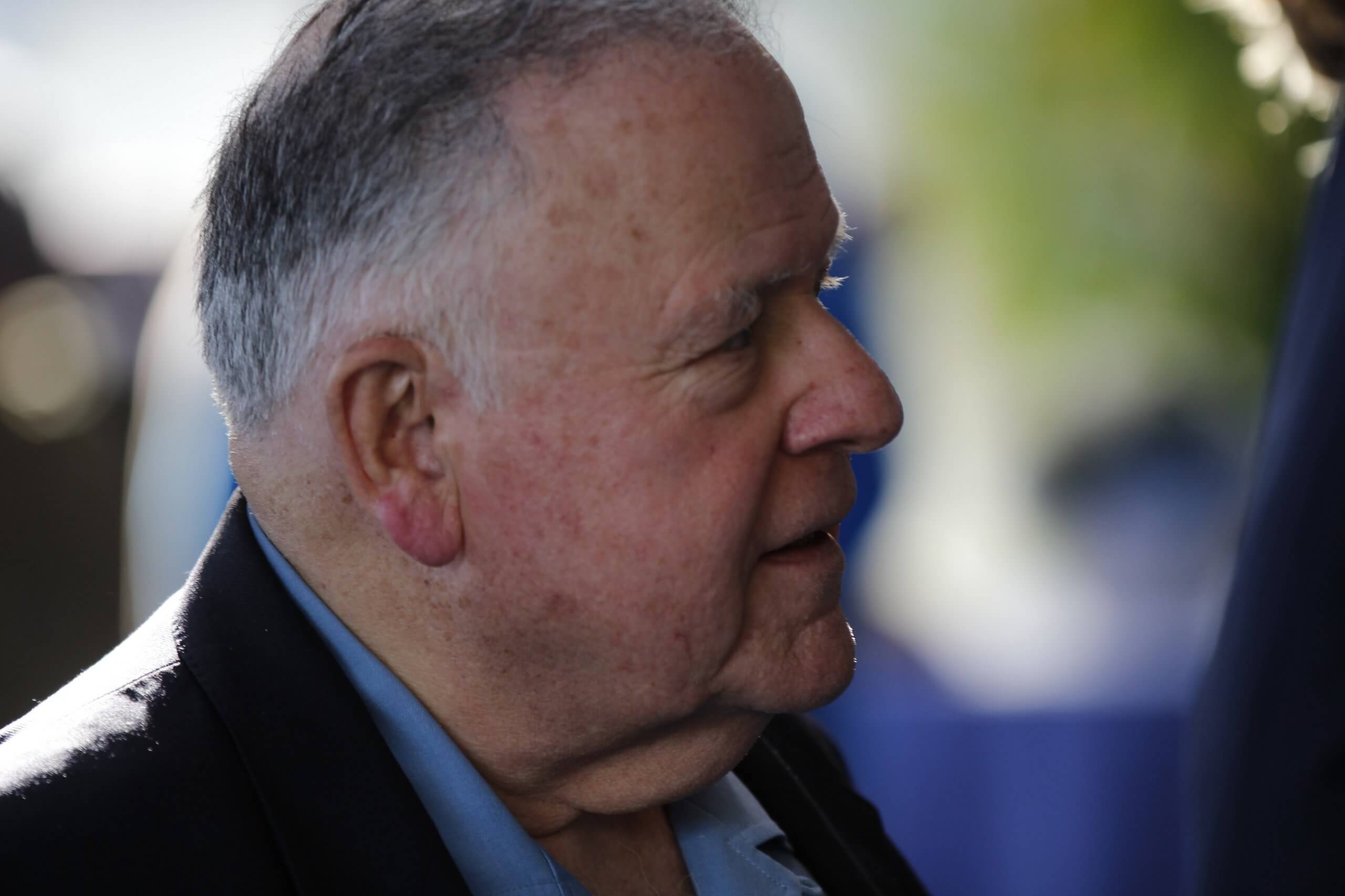
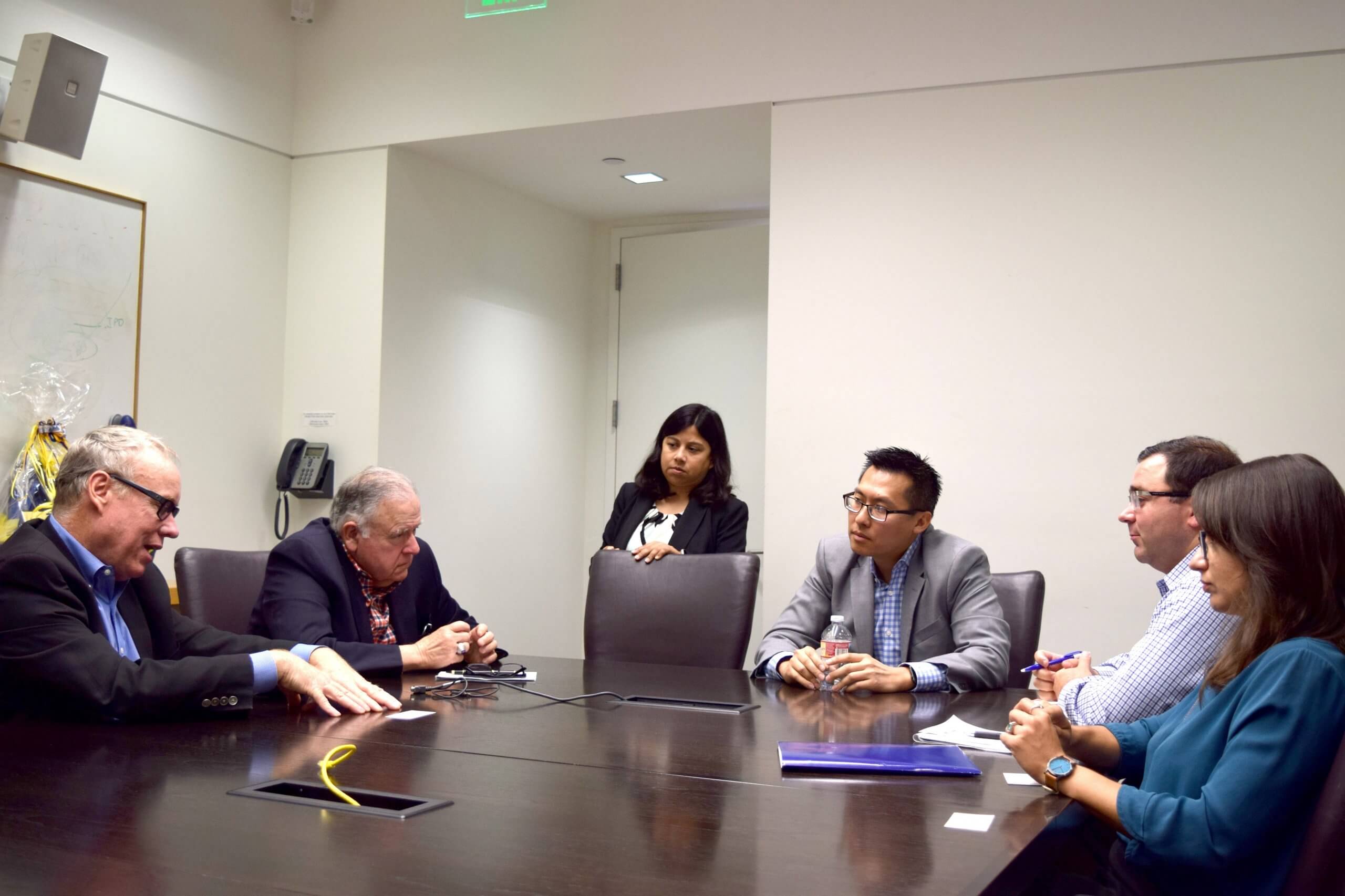
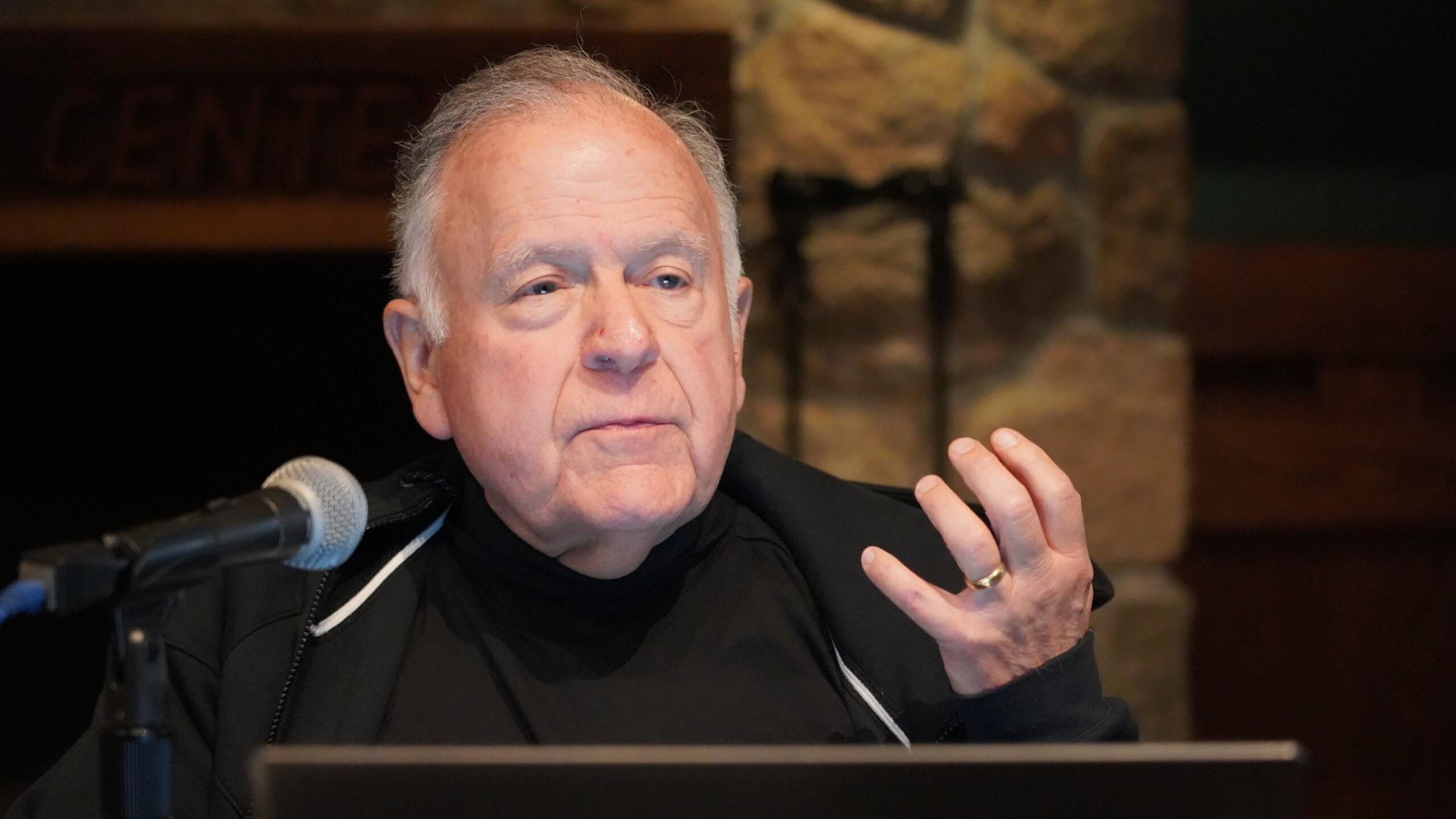
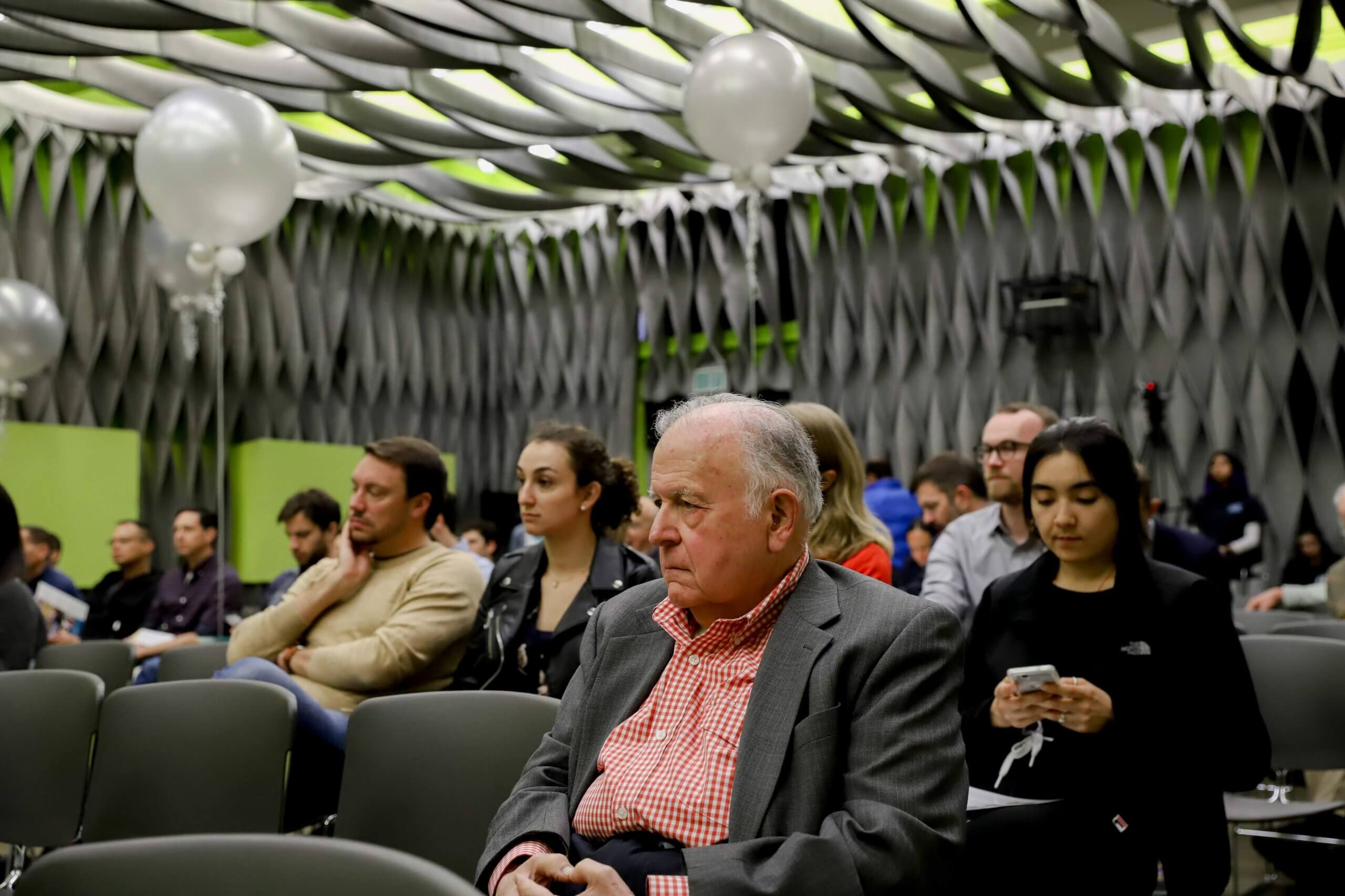
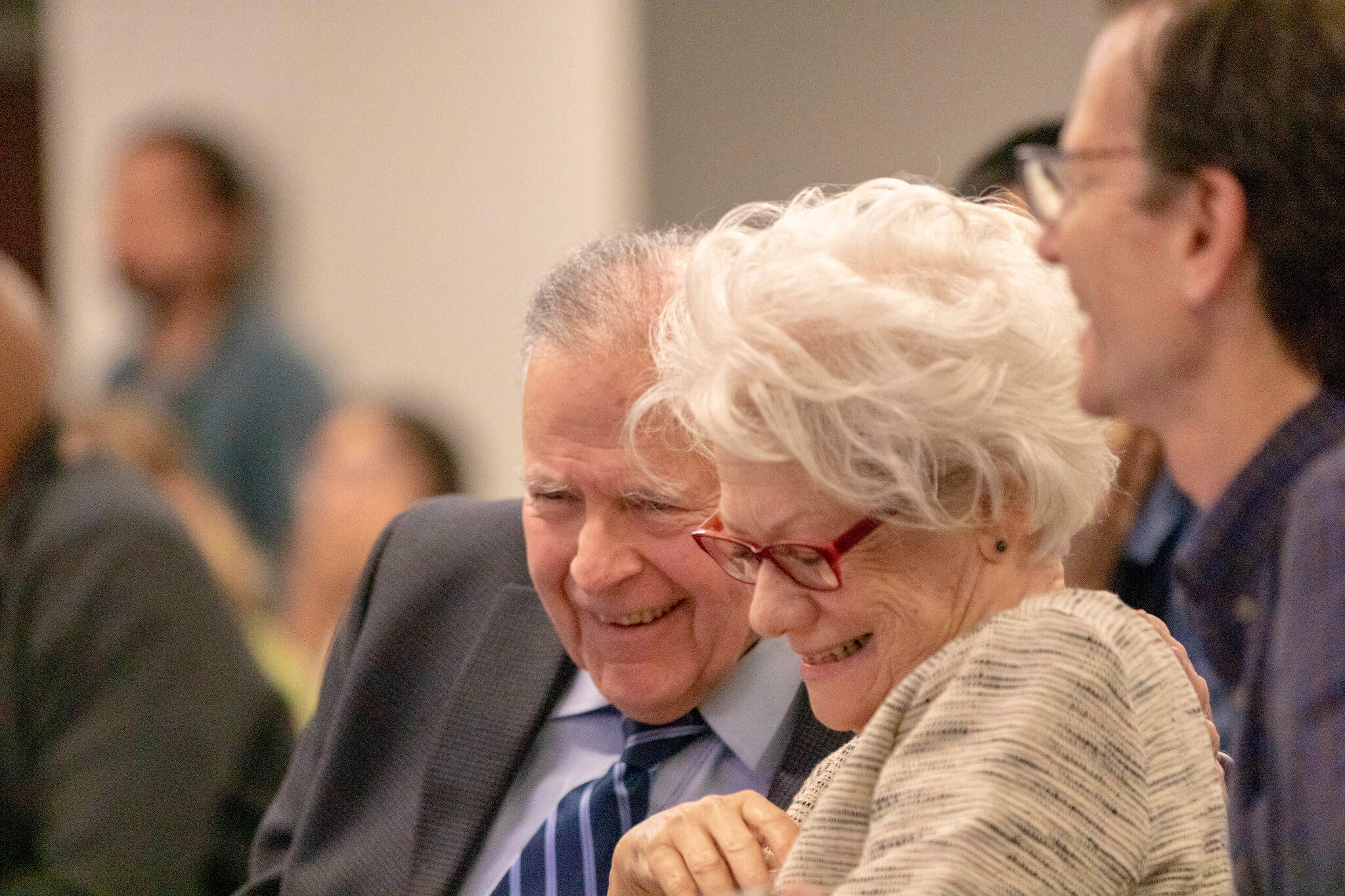
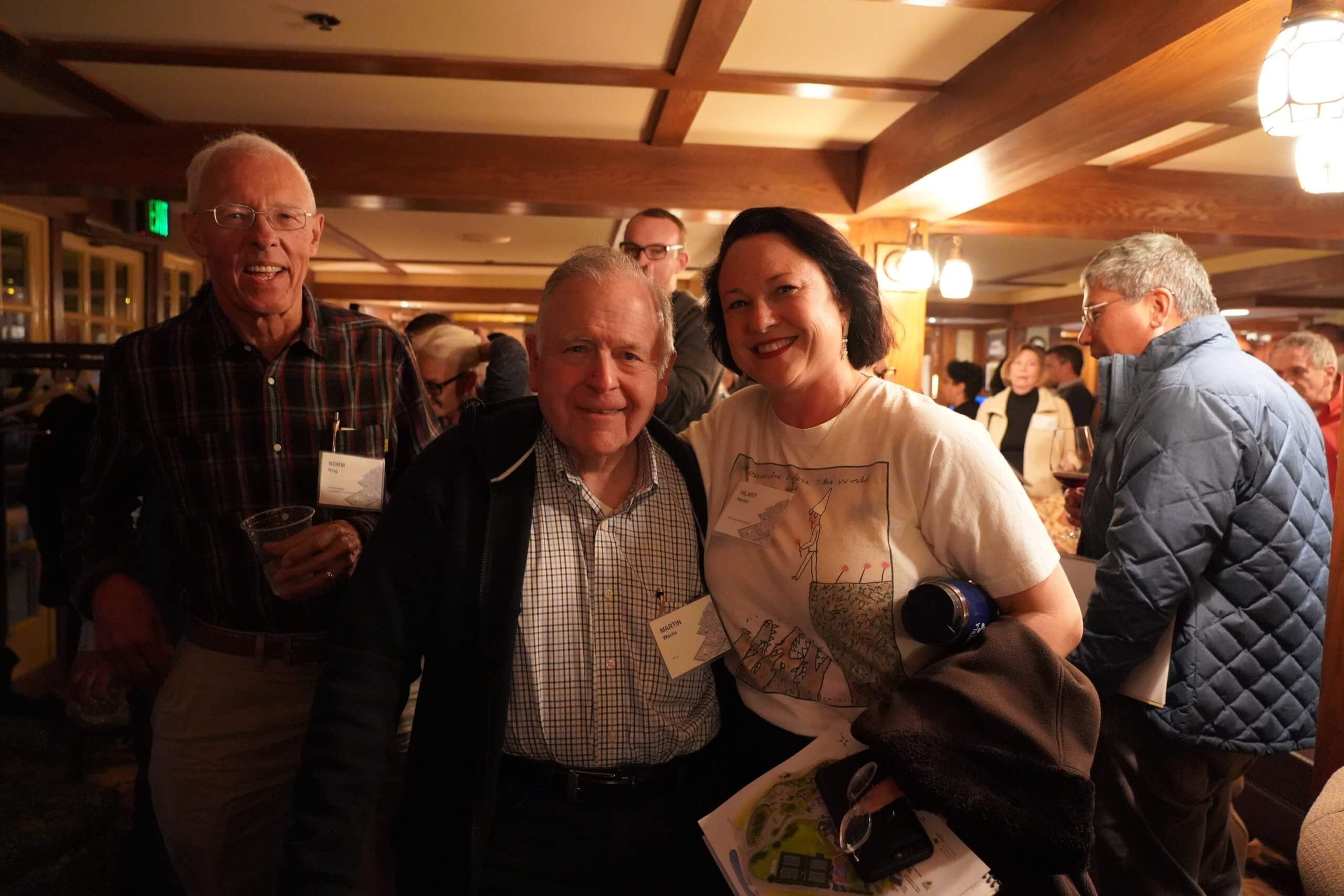
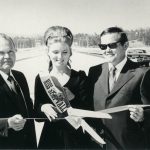



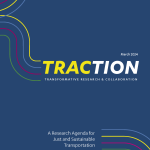
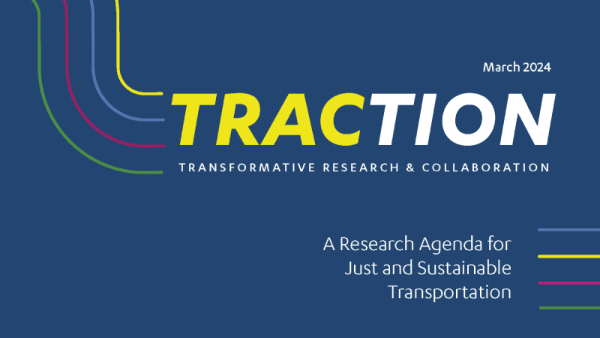
Marty Wachs was so kind to welcome me to UCLA and Los Angeles in 1983. I came from Nairobi, Kenya in April of that year to a place I didn’t know. A family at Brentwood (Zaas) hosted me for a month. That was also Prof. Wach’s neighborhood and he would gladly give me a lift from UCLA every evening. During those rides he inducted me to the transport system in Westwood and Los Angeles. I later found out that he was a leading expert in transportation. He introduced me to Prof. John Friedmann would served as chair of my PhD committee with Prof. Wachs. I will for ever be grateful to Prof. Wachs for his generosity and mentorship. I am one among many others he mentored.
I returned to Kenya upon graduation in 1989 and I have been doing best what both Friedman and Wachs taught me, now as the principal, College of Architecture and Engineering at the University of Nairobi, and professor of urban and regional planning. My condolences to his dear wife and family. May our loving memories of Marty bring you peace, comfort and strength during this difficult time.
Like so many others who have written here, I have long had deep gratitude and fondness for Marty. But reflecting back on this sad occasion has brought an even deeper appreciation for the breadth of his influence on me. Marty helped me chart a new course at key points in my academic career — when I considered leaving school when my first dissertation topic didn’t pan out, and when I moved East while still working to finish my thesis. He helped me find my professional voice as we were collaborating on research projects for a variety of public sector clients, and helped me connect with my first job out of graduate school. His patience, integrity, and generosity made him one of my most important professional role models. But my fondest memories are of Marty and Helen together and the friendship and warmth that they offered, welcoming student discussions at their home, hosting the occasional dance lesson, and kvelling over my kids when we visited them years later.
In my professional life, Marty’s influence has continued to pop up in pleasantly surprising ways. A few years ago, my agency had an immensely difficult planning and design challenge, and launched a competition to gain insights from innovators in the profession. A colleague with great foresight recommended Marty to lead our expert jury, and he did a superb job navigating it through a thicket of political and engineering challenges. His panel’s report had real utility in helping our agency steer back toward a rational path forward. The curiosity, insight, wisdom, and integrity that Marty demonstrated while leading this panel left a deep impression.
It has been heartwarming to read so many tributes to the values that Marty embodied among the remembrances on this page. Let’s teach these values and pay them forward. Our profession needs more role models like him.
I am so saddened by this loss. I will miss Marty and remember him. Mara and I send our sincere condolences to Helen and the Wachs family. May his memory be a blessing.
I am in the transportation field because of Marty Wachs. I remember that what I wanted to concentrate on during my time at UC Berkeley (late 1990s) was Housing. Kaye Bock advised me to take the Transportation Finance class with Marty Wachs before making a decision. Great advice! and sure enough, I was in! Marty’s style of engaging students, and his lecture delivery with the authority of those who have years of experience working at every level of the decision-making tree and a thorough understanding of the complex world of transportation, really convinced me that transportation was my call. And I do not regret it. Thank you Marty for introducing me to your world of Transportation and its many relationships with land use and the economy. Thank you for giving me a career that I love and take to heart. May your soul rest in Peace and your teachings live with all of us, your once students and colleagues who were lucky to have crossed paths with you and got inspired by your engaging passion for the field of transportation. My sincere condolences to the Wachs family.
I’ve only had the pleasure of getting to know Marty over the last few years. However, I was completely blown away by how kind, funny, and thoughtful this towering figure in the field was. Two years ago, I emailed him to ask for feedback on a research plan for my PhD. He graciously invited me to his office and read my entire multi-page, messy document. Academia tends to breed insecurity and doubt, especially among certain groups (junior scholars, women). And I had written a pretty lousy plan. Yet he took my thoughts seriously and provided extremely helpful comments. He probably took my ideas more seriously than I did. I left his office feeling a bit more confident in handling a daunting task.
At the last in-person TRB in 2020, I attended a presentation he gave with Hannah King. After it ended, a long line of people, which included many eminent transportation luminaries, waited to speak with him. He politely walked past them to me – a lowly graduate student – and asked how my recent trip to Australia had been. Classy, cool, and completely unpretentious: qualities many of us should hope to emulate.
Though Marty taught me how to write using just the right words, it’s hard to find the words to describe this loss. He was just the most marvelous, gentle, thoughtful soul. I feel deep sadness but also immense gratitude for all that he gave to me and countless others as we navigated the world of grad school and transportation planning. One of the lessons I learned from him was to be humble and not presumptuous, but also to say it like it is if it’s true, firmly and confidently. I’ll treasure the memories I have of sitting in his office in the afternoon light, he as my advisor and also my therapist. He would carefully listen to my concerns (some very immature or mundane) and offer sincere advice with a twinkle in his eye, reminding me that work is important but life is delightful. To me, he was like John Wooden. I will carry Marty’s memory with me and feel empowered to do my best in this world, having been mentored by one of the very best.
My sincere condolences to Helen and his family.
Less than 2 weeks ago I had the opportunity to interview Marty (with Gian-Claudia Sciara) about his career. When I asked what he’d most like to be remembered for, his answer came without missing a beat: “as a teacher.” Despite his national and international fame, intellectual brilliance, endless energy for scholarship and professional service, at his core Marty was someone who loved helping people. And that is why we all miss him so much. Somehow, he made each and every one of us feel like we were the most interesting and special person he could possibly be talking with at that moment, and that connection made it so easy to learn from him.
I cannot begin to express my gratitude to Marty for having been one of the most important mentors and role models in my life, someone who taught me about being a good person as well as about the principles of being an effective teacher and researcher. Plus, it was always so much fun to talk with him!
My deepest condolences to Helen, Marty’s family, and all who cherish his memory.
Martin Wachs’s tenure as Director of ITS Berkeley was characterized by his deep commitment to the ITS Library, which he considered the most important component of the Institute. His most important accomplishment was the launch of the Traffic Safety Center (now known as SafeTREC) in collaboration with the School of Public Health. He supervised close to a dozen PhD students in the departments of City and Regional Planning, and Civil and Environmental Engineering. Many of them are now full Professors at highly ranked universities in the US and around the world. By his joint appointment in the two departments, he helped bring them closer to each other. When I was appointed as his successor at the helm of ITS Berkeley, I found a thriving and well-run institution.
Marty and I joined UC Berkeley at the same time, at the start of the 1996-97 Academic Year: he from UCLA and me from Purdue University. While he was new to the Berkeley campus, he quickly took on important roles and responsibilities, including as Director of the University of California Transportation Center, which he led until his appointment as ITS Director. In the Transportation Engineering program, he taught a highly rated course in Transportation Policy.
His high visibility in the domain of Transportation Policy and Finance brought prestige to the already strong Transportation programs at Berkeley. He was a highly sought expert by the California legislature on questions of Highway Finance, and argued strongly in favor of use-based taxes to maintain the health of the Highway Trust Fund.
Marty was a caring colleague, a distinguished scholar, and a thought leader. He will be missed by all those who had the pleasure of working with him.
Marty was the kind of professor who took a sincere interest in his students, something that I consider myself lucky to have experienced during the end of my time at UCLA Luskin. When I heard the news that he would be returning to UCLA in 2010, I was thrilled to have the opportunity to take a class with him in my last quarter. Marty will always have a place in every student’s heart, not just as a brilliant thinker and teacher, but as a kind and supportive mentor to us all. May his memory be a blessing, always.
Like many other people who have written here, I didn’t ever formally have Marty as a teacher, but I feel as though I did. I learned a lot from Marty—from his writings, his lectures, and of course from talking to him. And I have had the pleasure of talking to him somewhat frequently over the past several years as our academic and professional interests have intersected — largely around high-speed rail and megaprojects generally. As others have written, he was incredibly generous with his time, especially for someone so well-known and accomplished. I am a better planner and researcher because of him. A great loss for UCLA, the UC, and the planning profession.
It was a shock to hear the news. I spoke to Marty only a few weeks ago and had looked forward to working with him this summer. Though I wasn’t fortunate enough to be a student in one of his classes, I so often learned from him, even in short interactions. The first time I met Marty was at dinner at the Arrowhead Symposium, and I was intimidated to sit next to such a legend of the field, but of course Marty was kind and approachable and it was such a pleasure then and since to talk to Marty. He was among other things, so thoroughly fair-minded and decent, so gentle and generous of spirit. What a loss for all who knew him and benefited from his work. My deepest condolences to his family.